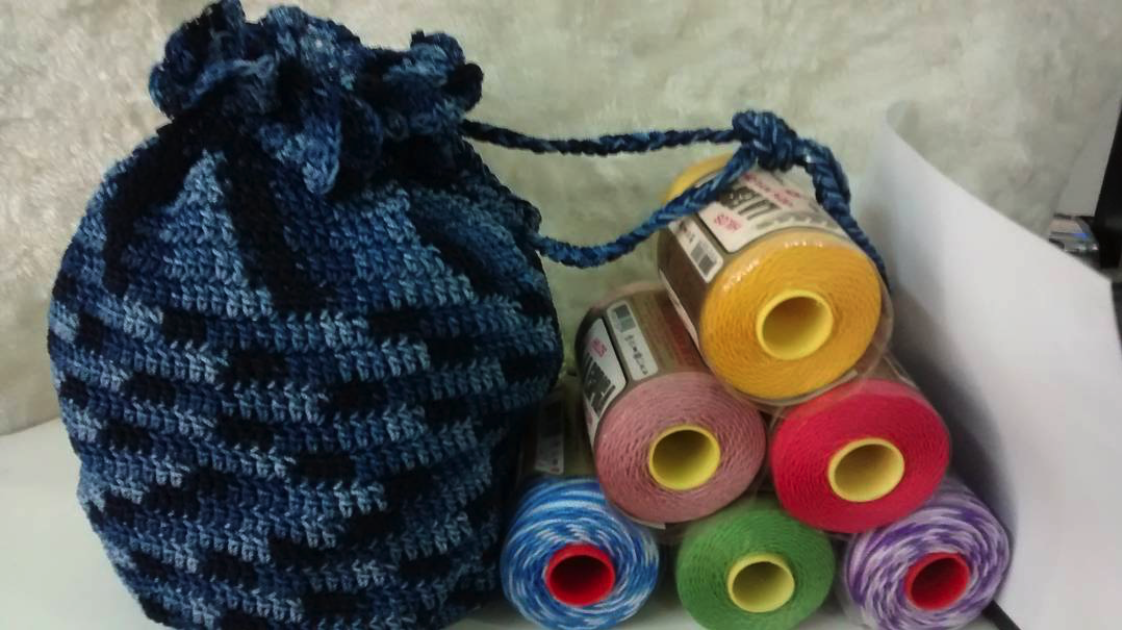The local crafts industry in Nigeria is diverse with people making everything from jewelry and furniture, to clothing and accessories. As much as we get to enjoy these creative craft products, the industry does not exist without its challenges. We interviewed some practitioners and they stated the common problems they face running a craft-production business.
Here are the five problems facing the craft industry in Nigeria (in no particular order).
- High exchange rate
This is an issue that has recently been affecting a lot of SMEs in Nigeria. The craft industry is adversely affected because the high exchange rate has resulted in a high cost of imported raw material required to make products. The high exchange rate also highlights a secondary problem – which is the reliance of imported raw materials required to make these crafts. Developing Nigeria’s local manufacturing industry, will directly translate to improvement in the craft industry and the country’s economy.
- Cheap imported products
The Nigerian market has been flooded with cheap finished products – mainly sourced from China, making it difficult for local craft makers to compete. These products come in from countries that have superior infrastructure, more efficient production capabilities and access to a larger labor force – which all keep their production costs low. Granted, these imported products may not be of the highest quality but with the cost-conscious Nigeria customer, it is hard for locally-produced crafts to compete with these cheaper products.
- Copyright issues
Local craft makers also have to deal with imitation of their products by other producers. There isn’t currently a strong legal institution to help product makers register their copyrights and protect those rights in the case of an infringement. Imitations are both internal and external to Nigeria, meaning that some of the imitations also come from outside the country. “A new orientation would be helpful, one that provides easier access to copyright registrations” says Mrs. Abdullahi, owner of Crafties Hobbycraft Limited.“I try to infuse a different element, each time because I know how frustrating it is to put your blood and sweat into an innovative design and then find out that it has been copied” ~ Mide
According to Mide of ByMide, “In my line of work, customers often come to me with designs they found on the internet, asking me to replicate. I try to infuse a different element, each time because I know how frustrating it is to put your blood and sweat into an innovative design and then find out that it has been copied. Some people even go as far as claiming that your work is theirs. This is why you find so many people adding bold watermarks to photos of their work that’s shared on social media.
“A new orientation would be helpful, one that provides easier access to copyright registrations” ~ Mrs. Abdullahi of Crafties
- Lack of Capital
SMEs in the local craft industry face the difficulty of securing capital to finance their business. Most banks that give out loans want the loanee to use their house for collateral. “Where would someone who’s just starting up find collateral? Even those in business for a relatively long time face the same challenge – a house is needed to secure a loan. Even with a good history of loan repayment without property as collateral, no loans” says Mrs. Abdullahi. Even if you do secure a loan, the rates are unrealistic making it difficult to have a sustainable business.
- Lack of electricity
As Nigerians, we are all too familiar with power issue that we sometimes don’t even need to mention it. But we will be doing a huge disservice here if we do not discuss how the lack of consistent electricity affects the productivity of producers in the local craft industry. If locally-made crafts are going to compete with products imported from other countries, the infrastructure required to make our local craft makers as efficient as their counterparts abroad need to be available. We need consistent power to improve efficiency.
This article was written in collaboration with Mide, Chief Hands-on Person of ByMide and Mrs. Oluseyi Abdullahi, Owner of Crafties Hobbycraft Ltd.
photocred: IG @crafties4all


